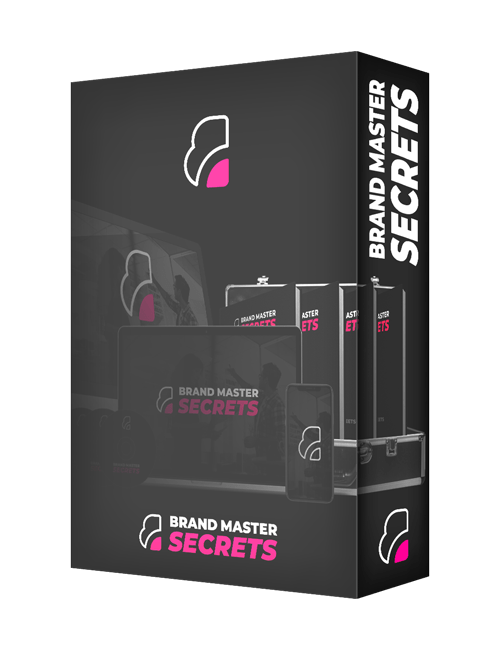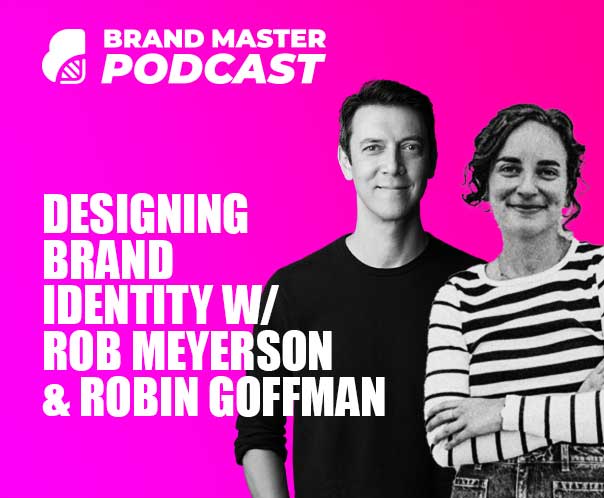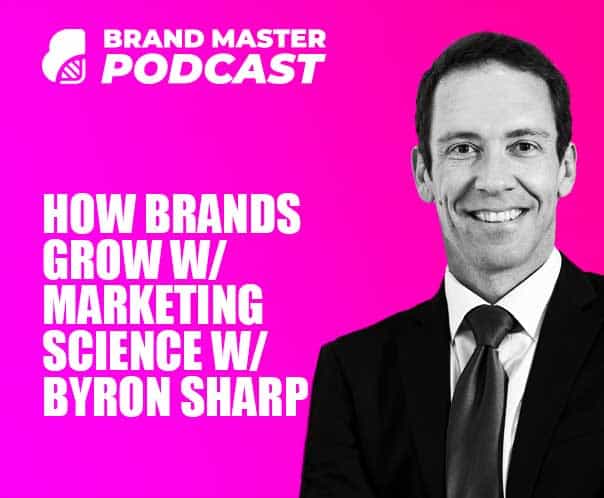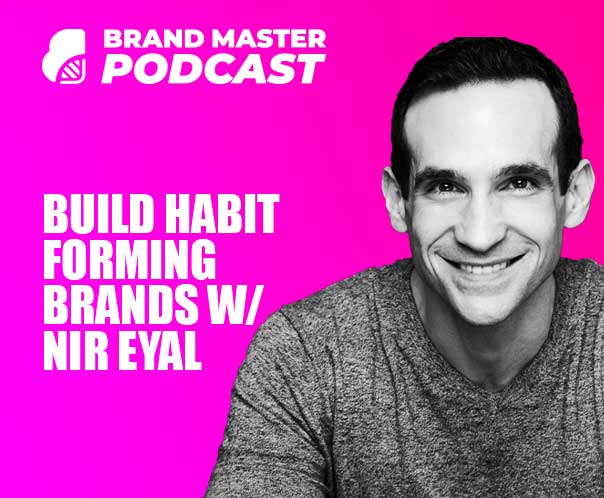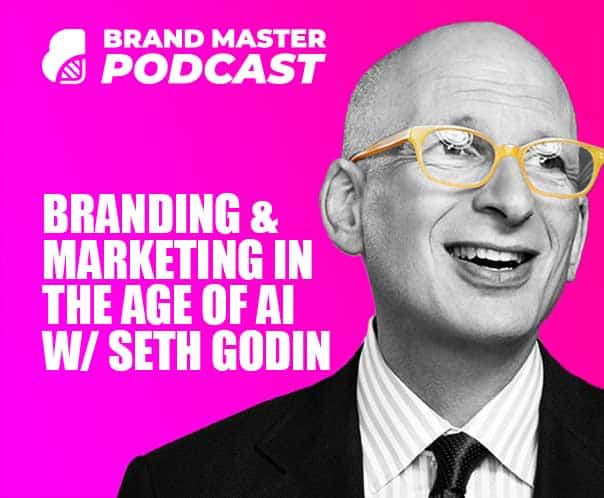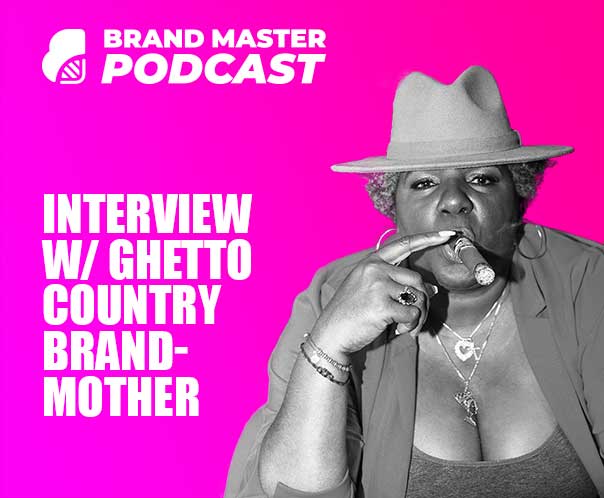I had a chat with an author who has written 6 books, including one of my favorites, The Coaching Habit, which has sold over a million copies.
I am of course talking about Mr. Michael Bungay Stanier.
Now in our chat we dive into seven of the most important questions to ask, why the advice monster doesn’t give you the authority that you think and what to do instead, and how to create perfect conditions to convert your prospects.
So if you’re working directly with clients and want to learn questioning techniques to improve your conversions, relationships and project outcomes, then don’t miss this article.
How Michael Figured Out The Power Of Questions
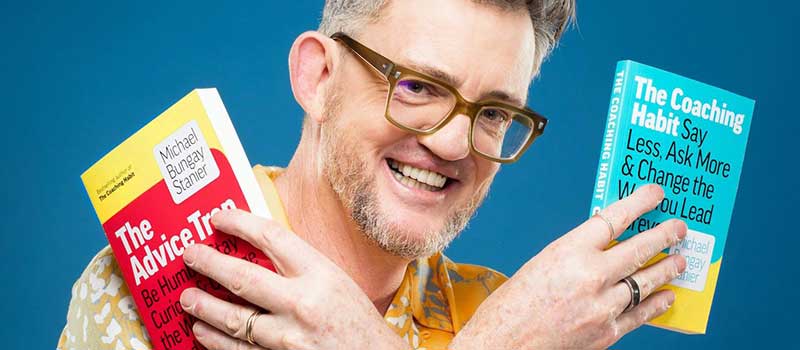
Stephen Houraghan
Michael just a quick kind of overview not to kind of jump into your history from birth or anything like that.
But one area that I do have a lot of curiosity about is what you talk about the power of questions.
How do we get stuck in our head of getting caught in this advice trap when really questions are powerful.
When and how did you figure out the power of questions?
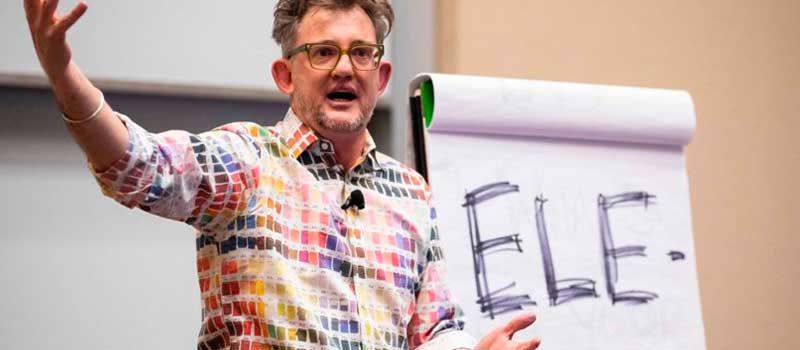
Michael B. Stanier
I went to university and joined what is called lifeline which is a crisis telephone counseling service.
That was my first experience of learning,
How to kind of ask a question, Knowing that the first answer is not their only answer and to kind of use questions, to deepen the conversation and get somewhere more interesting.
That’s where that seed got planted at the same time, cause I was a gangly awkward teenager, you’ll probably feel that, but I definitely was.
My mom was like look the way you become more interesting is you ask people questions because when they talk about themselves, they think you’re fascinating and interesting.
So it’s also designed to be a way of me picking up women, which honestly didn’t work.
When I started working in London, I started noticing the rise of coaching on the west coast of the US, and when you live in London those weird hippies on the west coast.
I was intrigued enough when the company I was working with at the time, took me over to Boston to live and work.

I basically started thinking to myself or talking about myself as a coach and basically just started getting into a place where asking questions, was part of the work that I get.
My first job was in the world of innovation and creativity, and I ran focus groups. So that’s actually asking questions and then I became a consultant and a good consultant asks a lot of questions.
So this has been a lot of practice about the power of staying curiosity built into my life from my brain wiring and my attempt to pick up women in my career path.
I can talk to somebody for an hour and effectively have them talk about themselves because I’m genuinely curious and I’m going to ask them questions.
I love it when people disrupt that and make me talk about myself, I’m like you’re interesting and you’re good at this. This is good.
This is good and we’re off to a better, I like you more now because you’re genuinely curious about who I am.
How To Do The Focus Question

Stephen Houraghan
Just on you’re The Coaching Habit, this is the book that’s influenced me the most.
You use seven fundamental questions which are broken down into just, just quickly
The Kickstart Question
The Old Question
The Focus Question
The Foundation Question
The Lazy Question
The Strategic Question
The Learning Question
I’d like to jump into a couple of these questions.
I want to look at the focus question, the strategic question, and the learning question.
If you’ve got a bit of time to do that, starting on the focus question, give us the premise of that?
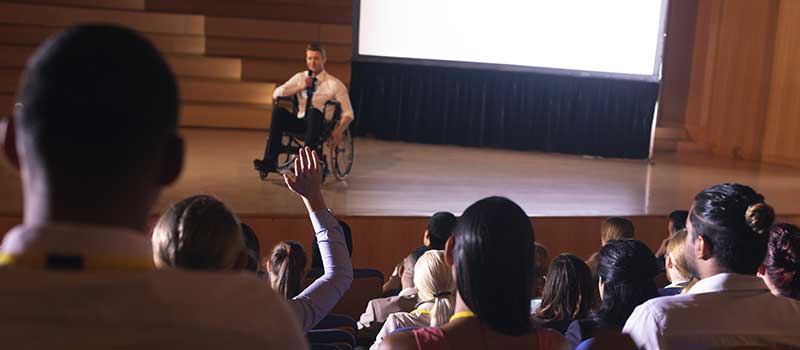
Michael B. Stanier
So the focus question is what’s the real challenge there for you.
The premise is the first challenge that shows up is never the real challenge and it’s rarely the only child.
We are wired to one, to leap into advice, giving and solution providing, and so whipping out and all of that sort of stuff so that when somebody comes and goes,
“Stephen, here’s the thing I’m wrestling with”
“You’re like, you know what? I know how to help fix that. And I want to help you.“
So you kind of get tempted to go into. But actually, if you build a reputation in your work or in your life as the person who always figures out the real problem, you just become immensely valuable to those around you.
Because in most organizations, big and small people are working really hard on the stuff that doesn’t really matter because it’s the stuff that presented itself first.
So this ability, just to stay curious a little bit longer from the rush to action and advice, gives you a little bit more slowly.
Which is that kind of the definition I use around coaching, stay curious a little bit longer, stay curious about what the real challenge is.
It means that when you really figure out what the real challenge is, the answers I can only be actually really.
How To Know The Real Challenge

Stephen Houraghan
I find this really helpful in a prospecting stage where you’re helping them to get the challenge and if you can help them to verbalize their challenge, then you’ve really tucked into something where they go.
How do get this guy or girl to what the real challenge is also, they often don’t know what their own real challenges are.

Michael B. Stanier
Add value to the conversation immediately
I don’t want to just be a transaction for you where I give you advice. You buy a solution from me, I want to help you actually solve the problems that matter most to you.
So let me help you figure that out. Let me pick up on the 5 Why’s that you talked about because that’s very known.
I find WHY as a question is tricky for because
When you ask somebody “why” it’s actually quite hard to ask that in a way that sounds generally curious and without an agenda.
So often when you ask why it sounds like, what’s wrong with you or what’s your problem, or why haven’t you figured this out? It often comes quite loaded.
So it’s a rare occasion that you can say why, and it doesn’t feel a little tense, whereas what’s the real challenge here as a more neutral, less triggering way of asking.
PRO Brand Strategy BluePrint
Build Brands Like A Pro Brand Strategist
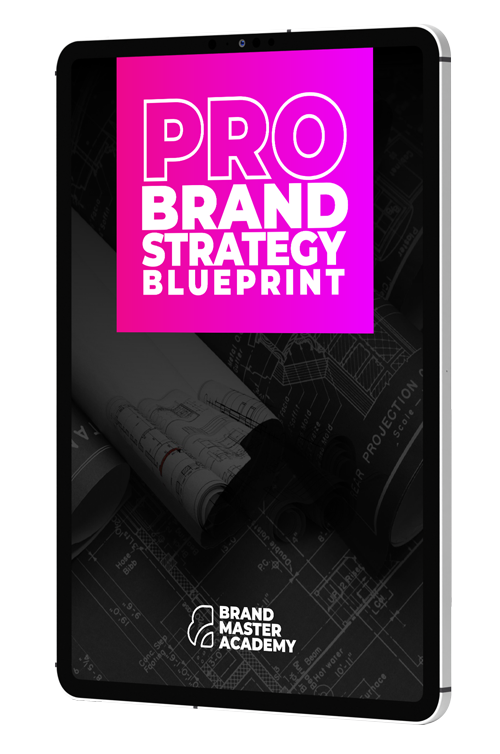
How To Do Strategic Questions

Stephen Houraghan
I want to fly over the foundation question and the lazy question.
I jump onto the strategic question. So tell us about the premise of that?

Michael B. Stanier
Well, the strategic question says we’re always at our best, we’re making choices and strategy is in fact having the courage to make bold choices.
So the strategic question says, if I’m going to say yes to this,
What must I say now?
You can flip that around. If I’m going to say no to this,
What must I say yes to?
But most commonly if I’m going to say yes to this one,
What are the opportunity costs?
What is one of the things that I have to set up barriers to?
How do I actually commit to this?
Because a “YES” without an understanding of what the “NO’s” are that’s the implication of a yes is that it must come with those.
Just means that if you don’t do that, you’re just piling more yeses on and that doesn’t work cause everybody’s at full capacity.
You’ve got a good brand when the reaction is a strong yes or a strong no, what you don’t want is indifference when the whole bunch of people go.
Yeah. Whatever they’re like.
But when you have people looking at you are definitely not the person I’m looking for.
Explore Brand Strategy
Programs & Tools
How To Create Learning Questions

Stephen Houraghan
I think we can apply this to so many more things.
if you’re taking a position in the market and you want to attract the right people, then it’s just about calling out the things that you are not for and the things that you don’t like, and the things that you don’t agree with.
As much as the things you do agree with, because it’s when you call it those things that you don’t agree with, the people who you are aligned with, the more likely to be attracted to you because of your No’s, than your YESES, that’s what I find.
The learning question. Tell us about the learning question?

Michael B. Stanier
if you lead people whether you have a big team or a small team, really one of your key jobs is
To try and make your people smarter,
Because if they get smarter, they become more competent and more confident and more self-sufficient and more autonomous.
It’s not only good for them but It’s good for you and it’s good for your organization.
So it’s really helpful if you can help people but it turns out it’s really hard to help people learn.
What are the annoying things is that advice, rarely steps, advice typically goes in one ear and out the other ear, but when you sit down and go, listen here are my pearls of wisdom and I got some gold.
This is not going to remember most of that.
Most of the time, people don’t even really learn when they’re doing it. I mean, they do a little bit, but not so.
The powerful learning moment is when you actively create a moment for the learning.
So that’s what this final question and the question is what was most useful or most valuable here for you? What was most useful or most valuable here for you?
You can basically ask that question should at the end of any exchange. I mean, like someone can ask this at the end of every podcast, he goes, okay, we’ve just been talking to this guest.
If you had to name what was most useful or most valuable here for you from this conversation?
What’s the one thing you really want to take away from this podcast conversation?
You can see how that just turns up the heat a little bit from going, that was interesting.
So you’ve got a better chance of remembering it. So you can do that with the people that you have.
What was most useful or valuable for you from this team meeting, you can do it in a sales conversation.
Advice and Enlightenment
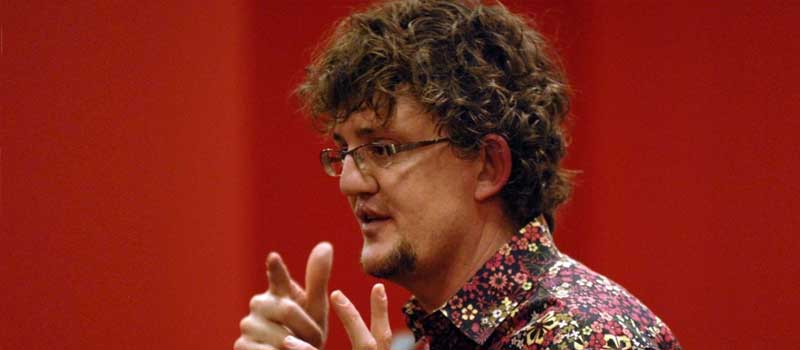
Stephen Houraghan
Now the advice monster is something that I absolutely love.
I love it because it’s what you said before when you’re able to wrap a meaning around it, you know, it makes sense.
Why do you think that we have this need to give advice and what impact do you think that has on the person that were quote-unquote enlightening?
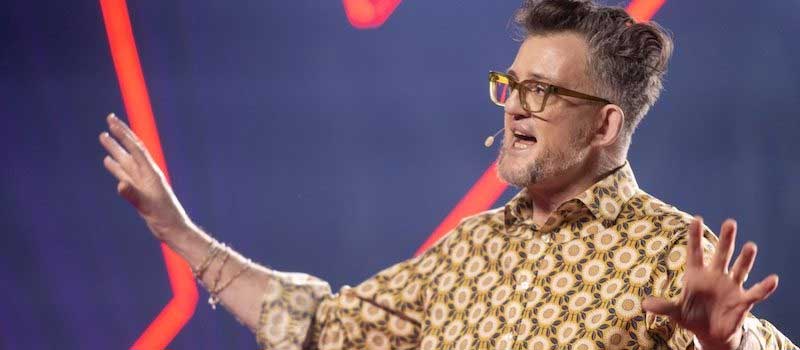
Michael B. Stanier
When I talked to people about the book or they emailed me or whatever, I’d have kind of people from three different camps.
I have some people like you, Stephen, who are like this book is amazing.
I got it and I understood it and I use it and the questions are fantastic and it’s changed the way I show up in the world.
I’m like, you’re amazing. Thank you. And I just, all I had to get to is basked in the glow of that. It’s wonderful.
Then I have some people who have. I hate your book. I hate coaching. I hate curiosity. You’re a Dick. I laugh.
I’m like, oh, this is the people who are saying no to me, because like our brand and conversation earlier on you.
And one of my favorite reviews from the coaching habit is somebody wrote, this is the worst book ever written.
Wow. Like. I doubt that I could be, but I doubt that felt like a slightly harsh reaction, quite frankly.
Then there’s a whole bunch of people in the middle and their typical reaction was I liked this in theory, but in practice and funny, it is quite hard to actually implement, had to change my behavior and stay curious a little bit longer.
What’s up with that.

That’s where the advice trap book got written from that place, which is a deeper dive into, it sounds easier to stay curious a little bit longer, but it turns out that it’s harder than you realize.
So there’s two levels to this answer.
The first answer is just to acknowledge that.
We have all been very well rewarded and encouraged and prompted and trained by life and society to think that answers are the thing, answers are the currency.
You go through school you’ve got three young kids when they go to school and the teacher goes, who knows the answer to this question?
You’ve got a whole bunch of them with their hand up in the air going I do. This is how you have successfully shown you prove that you’ve got the answer.
We get tested and measured and tested and measured through various school levels and then when we started our career, it’s like, you know, learn your stuff.
Second, become a subject matter expert.
It’s a very deep habit. It’s deeply wired in a brain to go.
The Key Advice Monster
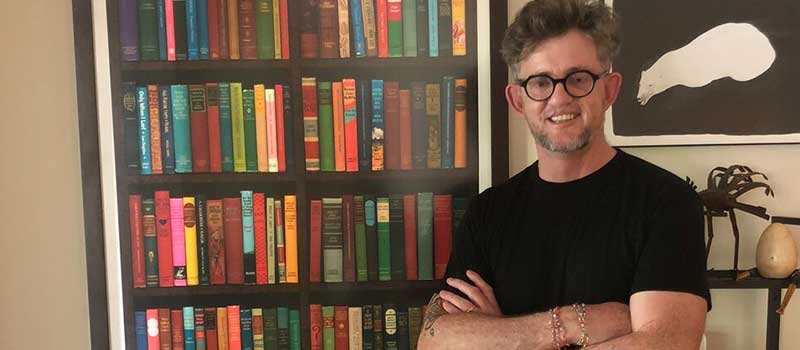
Michael B. Stanier
The key reason why we love to jump in and give advice. The three advice, monsters are
Tell it,
Save it and
Control it.
So Tell it is be the person with the answer. If you don’t have the answer, you’re letting everybody down.
So make sure you’re the smartest person and you have status and authority by knowing the answer to the problem.
Save It, says you’ve got to protect everybody. You got to rest to everybody. You’ve got to make sure that nobody struggles or find it’s difficult.
So protect your status by being the person who can save everybody.
Third advice. Monster is Control it. Who said, don’t let go of the steering wheel, hold on tight to everything because you don’t want to let the randomness of other people and chaos in the future coming in and muck things up
Control everything from start through the middle to the finish.
Wanna Learn More About
Brand Strategy?
On-Demand Digital Program
Brand Master Secrets
Make the transition from hired-gun to highly valued brand strategist in less than 30 days. The systems, frameworks and tools inside this comprehensive program are all you need to level up.
